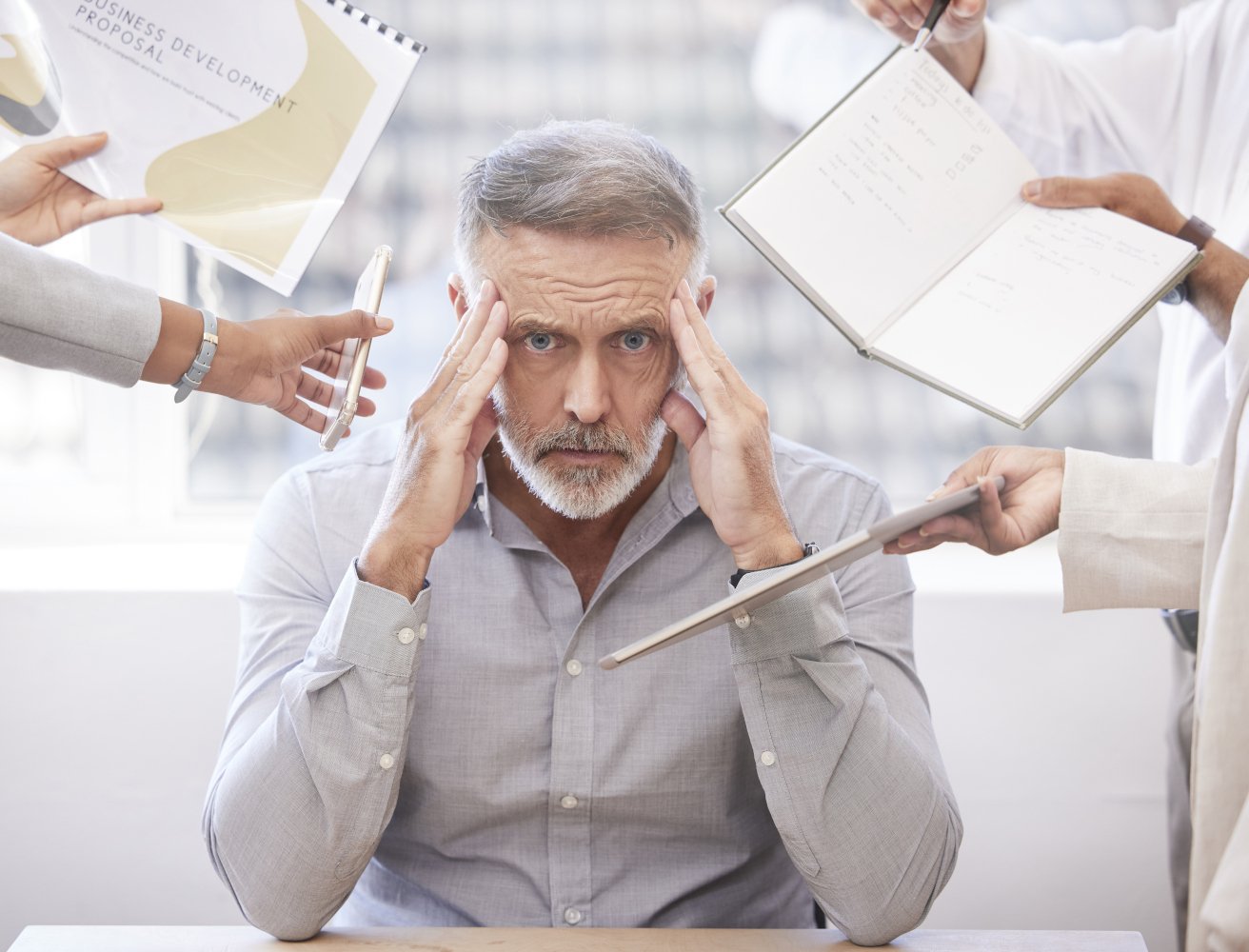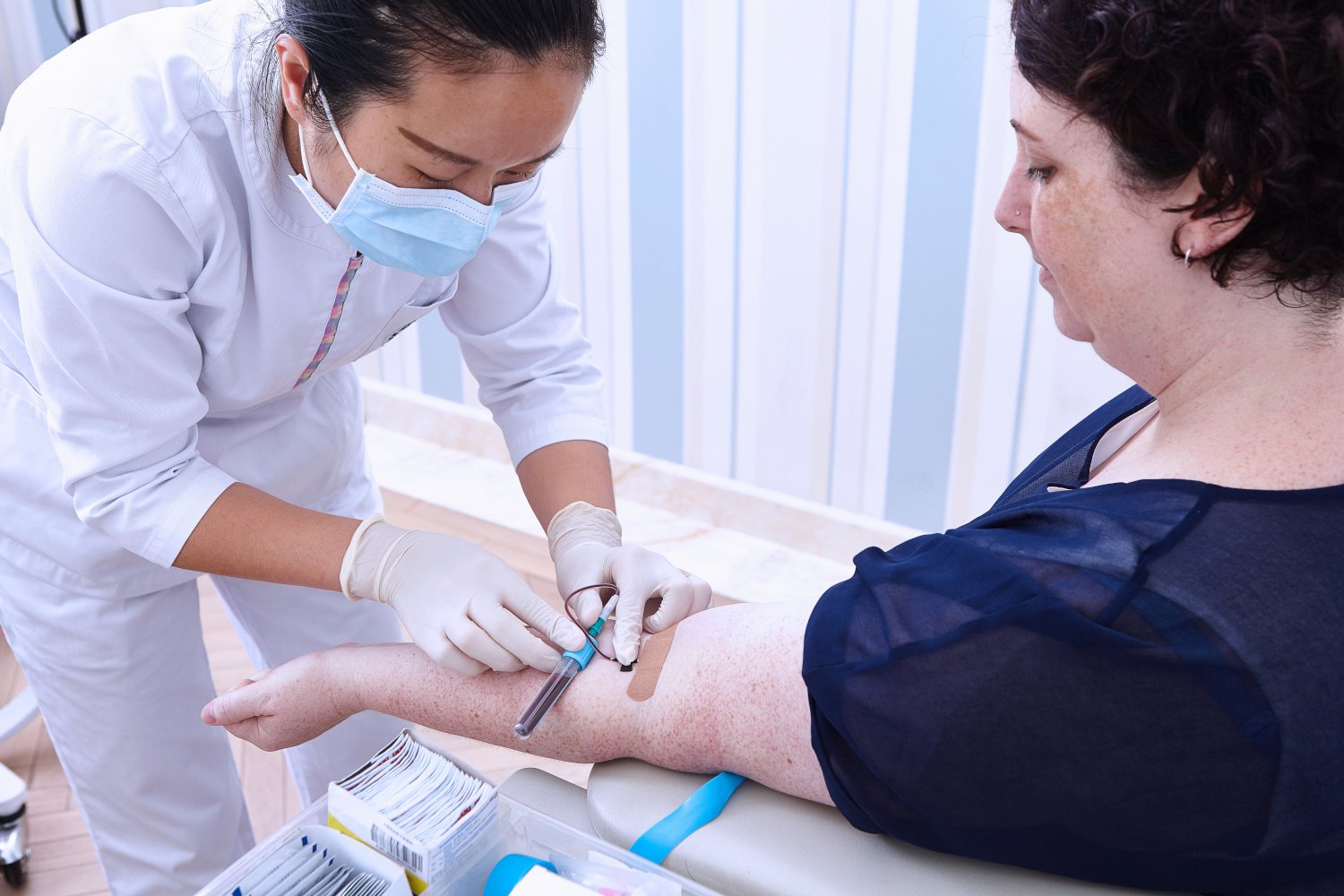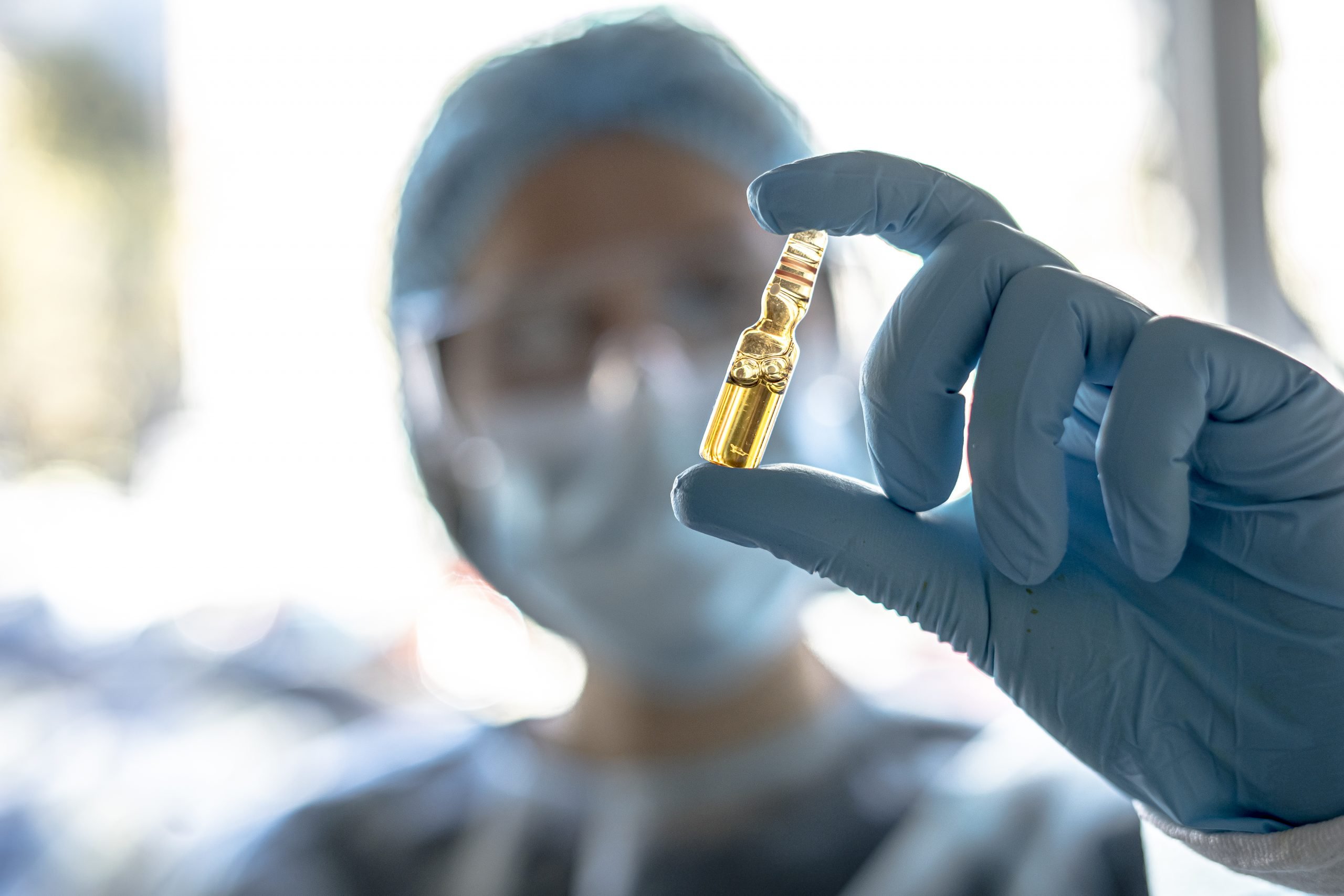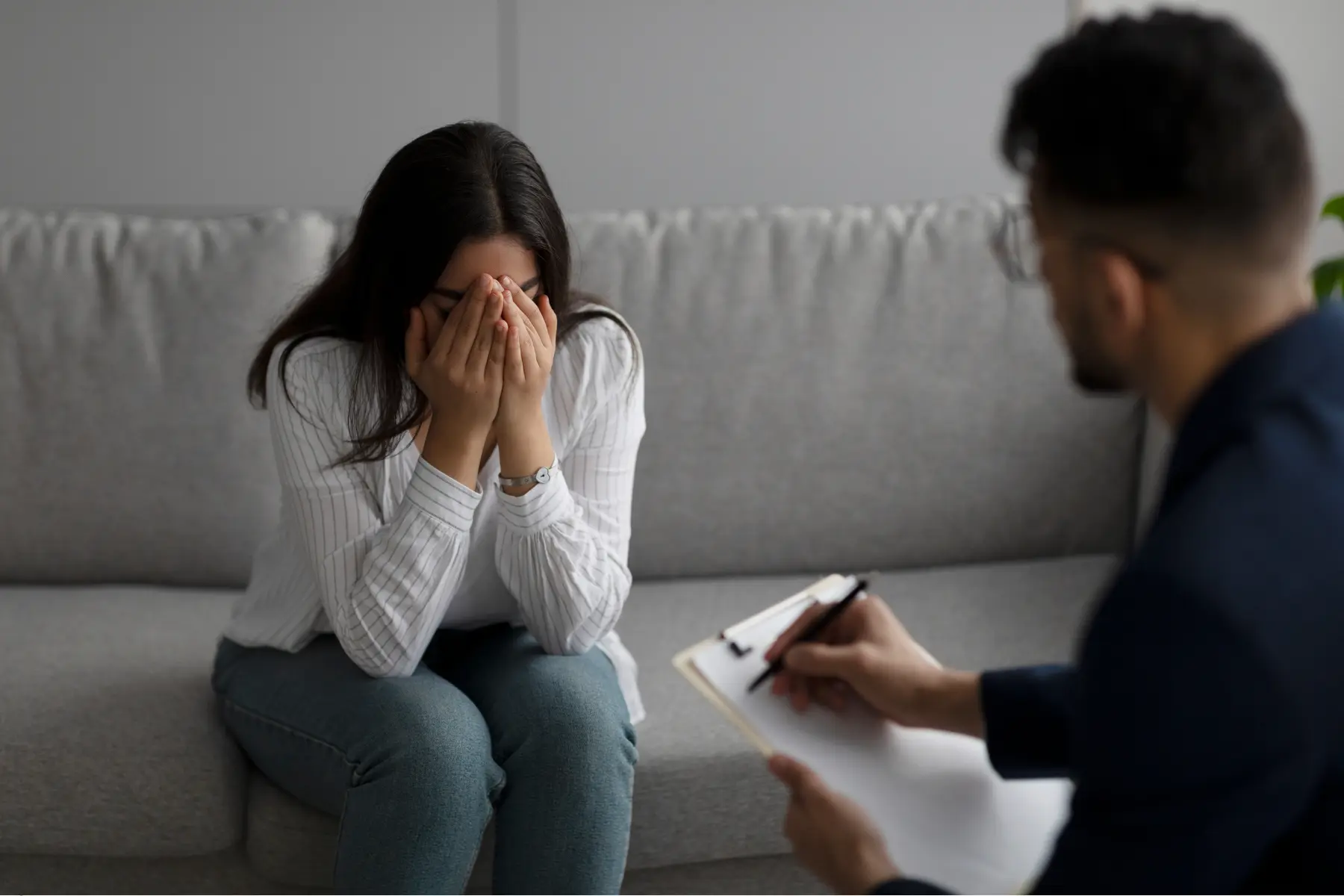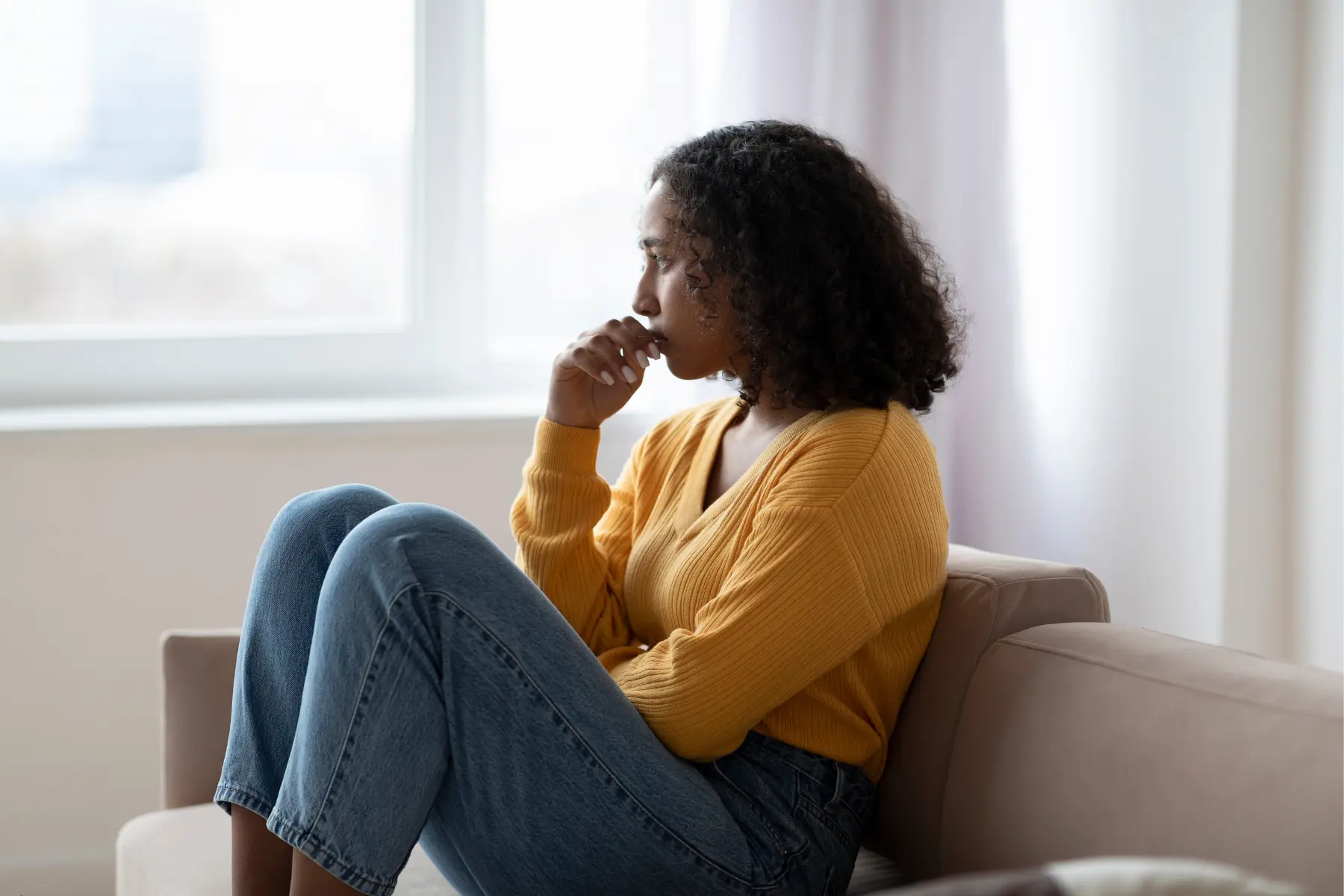In doing research surrounding ketamine therapy for depression, it’s easy to come across pictures of people with eye masks, blankets, and large, noise cancelling headphones. It seems like music during ketamine infusions is almost a requirement. In fact, some companies have been founded predicated on the idea that music with ketamine is exponentially more helpful than ketamine without music. The truth, however, is that we really don’t know that much.
In reviewing the literature, there is an unsurprising dearth of scientific research studies that actually looked the effects of music and ketamine. That is fair, considering there aren’t really any companies that would fund such studies, and the NIMH isn’t particularly focused on music therapy at the moment. We do know from previous studies that music can impact stress—and likely modulate anxiety—depending on the situation. A study from 2013, for example studied the effects of music on a stress hormone called cortisol. They found that relaxing music decreased salivary cortisol relative to the no-music group.
We generally know that music can be a helpful way to cope with depression, and potentially reduce some symptoms of depression. This was most recently illuminated in a 2017 review, where the authors gathered data from almost 1,500 participants with diagnosed Major Depressive Disorder who underwent various types of music therapy. As with most treatments, the longer the therapy duration, the better the outcomes. The study did show that music therapy was at least as effective as the standard of care for depression, although the types of music therapy varied significantly in the study.
Surprisingly, the most commonly cited study for using music during ketamine infusions for depression was actually a study from India in 1992 titled “The Effect of Music on Ketamine Induced Emergence Phenomena.” In it, the authors hypothesized that music would decrease so-called emergence phenomena (e.g., unpleasant sensations, dreams, or hallucinations) and increase patient satisfaction with the surgery. This was not meant for people with mood disorders, but rather for individuals using high dose ketamine while undergoing surgery, and unlike a lot of websites that erroneously report on this study, this was meant to decrease emergence phenomena, not increase it. This has been previously reported incorrectly, because there is also research that certain types of spiritual, psychedelic, or perception-shifting experiences can more significantly reduce depression scores in psilocybin therapy. Regardless, this study found that 80% of people in the music group had positive experiences, compared to only 48% in the non-music group.
In terms of scientific literature, there is one more case study to review from 2021. Two patients with severe bipolar depression underwent a series of 6 ketamine infusions and maintained remission for at least a year, and both of them listened to music during their infusions. One participant chose to listen to classical music, and the other participant didn’t listen to any music during their first infusion. The participant who didn’t listen to music reported anxieties during the infusion in relation to “letting go,” and was generally apprehensive about continuing the use of ketamine infusion therapy. However, when they opted to listen to music during their subsequent infusions, they reported that they were able to “let go” of all of their negative thoughts.
In summary, the actual science has shown that music during a ketamine infusion is probably helpful. However, this a very difficult thing to study properly. It’s likely that we will never see a large-scale study on just how much music affects ketamine infusions, because there are no large organizations who need music augmentation during ketamine to be FDA approved. However, there are plenty of anecdotal reports about the therapeutic use of music during ketamine infusions. For example, a reddit user wrote that they listened to a generic relaxation playlist during their first infusion, but put on Aphex Twin during their second infusion and remarked, “It was amazing. I got way more out of this infusion than the first, and felt it worked on my whole brain rather than just one side.” Another reddit user emphasized the importance of music during ketamine, writing that “I don’t think my treatments would be the same at all if they didn’t play music. For me it’s like guidance on what I should feel and the ketamine will just amplify that feeling the more I let myself become a part of the music.”
Anecdotally, we absolutely see patients have better experiences when they listen to music during their ketamine infusions. It really seems to guide the infusions for them, not allowing their thoughts to ruminate on any one thing in particular. However, music can certainly sound different on ketamine, so the songs that one enjoys when sober won’t necessarily sound the same on ketamine. As such, most people prefer slower, softer, and more ambient music during their infusions.





